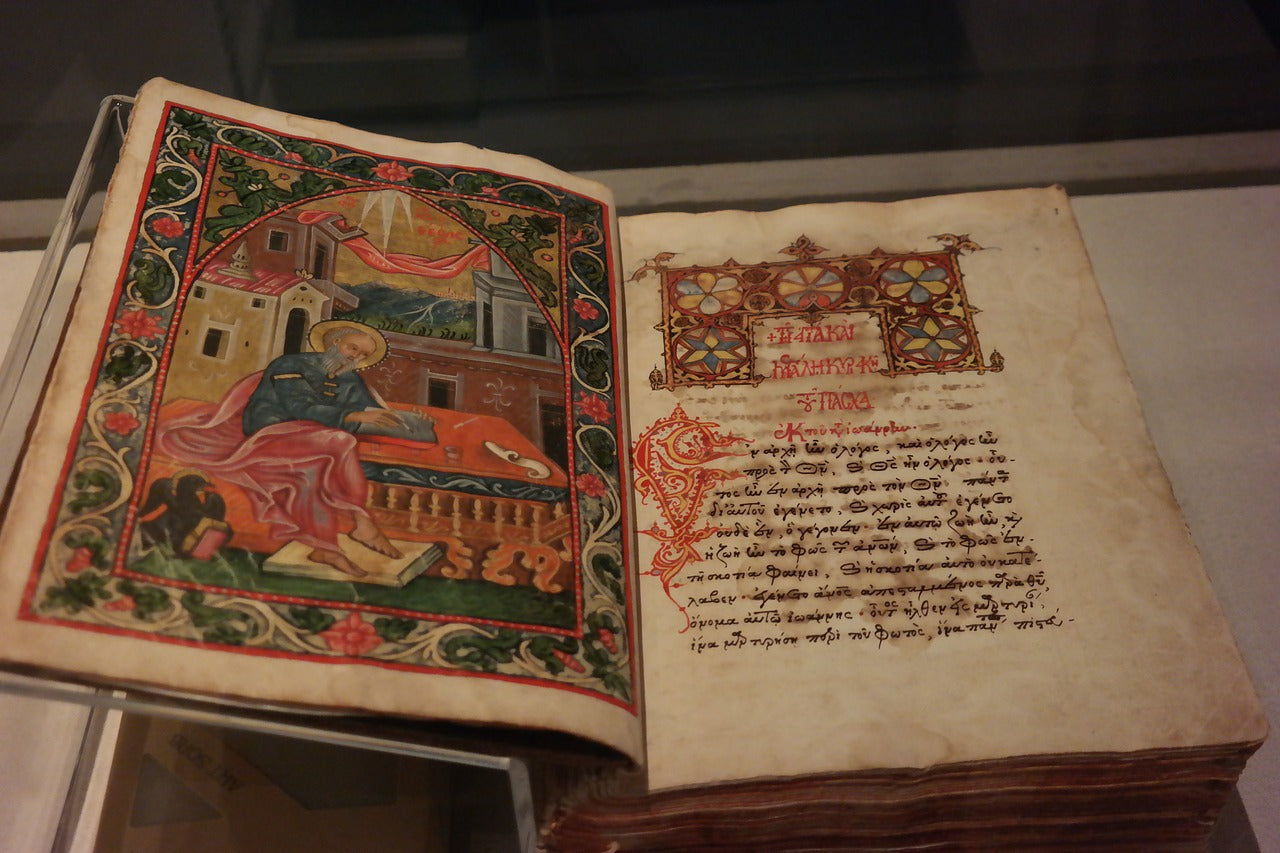5 Reasons to Study History at University
2nd August, 2019

History is a fantastic subject to study at university. Hundreds of hugely successful people have studied history at university including George W. Bush, Sacha Baron Cohen, and Louis Theroux. Studying History has undoubtedly furthered their careers by exposing them to different cultures, teaching them new skills, and giving them an interesting challenge.
History might seem like a less 'practical' degree option, but it intersects with so many subjects. Some of the most successful people around studied history at university, so maybe you should too!
Here are some top reasons why you should pursue a history degree:
1. LEARN FROM THE PAST
‘Those who cannot remember the past are condemned to repeat it.’ - George Santayana
This quotation has turned into a cliche, but it is strongly rooted in truth. Humans are adept at seeing patterns, and by studying the past, we are able to see what has once happened reappear in modern society.
Joseph Goebbels, Minister of Propaganda in Nazi Germany, is widely known as a master of political propaganda. He contributed to a monstrous regime by gathering support for the Nazi party throughout Germany, enabling Hitler to seize power, and helping enable the holocaust.
Studying the past makes us aware of what dangers may lie ahead, and how to best defend ourselves from them. By being aware of the past, we can make the future a better place.

2. GET ALMOST ANY JOB

One great thing about studying history is the huge amount of transferable skills it provides. Some people think that to guarantee a good job after university, you need to study either a vocational or a STEM subject, but this simply isn’t true.
The analytical skills one learns by completing a history degree can set you up for a wide range of careers after university. These include: lawyer, civil servant, museum curator, book publisher, management consultant, media researcher and charity worker.
Studying history teaches you about people, societies, trains you in how to identify facts from untruths, and gives you plenty of experience in presenting your research to others in a clear way.
3. LEARN ABOUT DIFFERENT CULTURES
Another great thing about studying for a history degree is the exposure you get to different societies and cultures throughout time.
What comes to mind when you hear the word ‘slavery’? Dozens of cultures in the past have had their own slave systems, from the Ancient Romans to 18th Century Americans and modern slavery. Studying how similar systems are run by different cultures in different eras allows you to gain a holistic view of how humans function throughout history.
Studying history prepared Louis Theroux for his career following subcultures around the world. It gave him the background needed to fully understand where his interviewees were ‘coming from’, even when he disagreed with their points of view. Without his academic background, he would have known much less about members of cults, white supremacists, and religious leaders.

4. ENJOY THE CHALLENGE
If you’ve studied history before, don’t be put off by the difference in experience if you study it at university. There’s no denying that it’s a bit more difficult, but some of the new challenges are fun obstacles to overcome!
Firstly, there’s no comprehensive textbook. If you’ve studied history at school, it’s likely that you were given one textbook that covered all of the material that you needed for your exam. At university, no subject is quite that simple! You’ll be expected to read many books with different arguments, sometimes disagreeing with each other, and come to your own evidence-based opinion. This means that you’ll be rewarded for independent, original thought. To get a top grade, you can’t just learn a book cover to cover, but you’ll have to overcome the challenge of having an opinion of what’s being argued, and maybe even presenting your own original ideas!
5. IT’S INTERESTING!
Realistically, if you’re considering studying history at university, then you probably already love learning about the past. If you’re not 100% confident what career you want to pursue after university, you may as well study something that both leaves your options open and is something that you’re genuinely interested in.
We find that the most successful students are those who have a real passion for their subjects. Studying history is a great opportunity to spend a few years what you really enjoy, develop in demand skills, and have a great time.

While you’re developing your interests, here’s a selection of history books that staff at Oxbridge Interviews recommend:
- SPQR: A History of Ancient Rome - A complete history of Ancient Rome brought to life by popular classicist and historian, Mary Beard
- Alexander Hamilton - A biography of the founding father of the United States of America that inspired the famous musical
- Blitzed: Drugs in Nazi Germany - An exposée into how the use of hard drugs affected Nazi Germany
